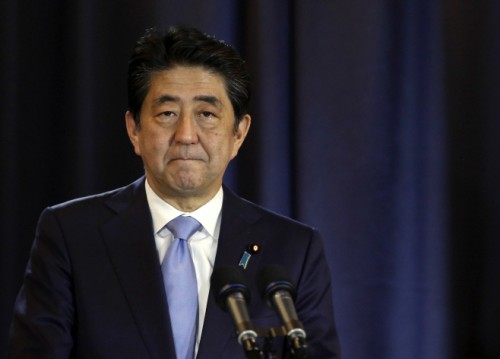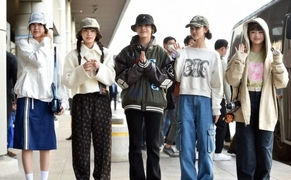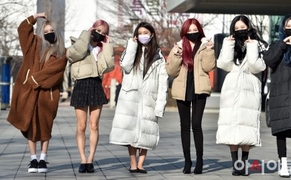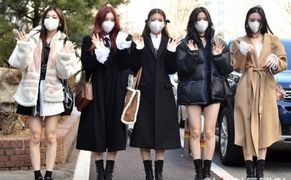 Source: AP, Yonhap News Source: AP, Yonhap News |
By AsiaToday reporter Kim Ye-jin - Japanese Prime Minister Shinzo Abe faces some diplomatic challenges.
Abe's diplomacy faces a new test, with South Korean President Park Geun-hye's potential resignation following Donald Trump's US election victory, reported the Nihon Keizai Shimbun (Nikkei) on Wednesday.
According to the report, any potential strains in Japan's improved relationship with South Korea could force Japan to readjust ties with China. An official at Japan's Ministry of Foreign Affairs expressed hope - though not confidence - that Seoul will not start courting Beijing once again.
China is opposed to the Korea-Japan General Security of Military Information Agreement (GSOMIA). Besides, Beijing and Seoul have teamed up in an international publicity campaign taking Japan to task over the issue of wartime "comfort women." Thus Japan believes that the new regime in Korea is likely to team up with China to attack Tokyo over historical matters. There are opinions in Japan's Foreign Ministry that a potential situation where allocating diplomatic resources to negative historical matters is necessary could make things difficult.
In the Japanese political circles, negative opinions about the implementation of the "Korea-Japan comfort women agreement" are also emerging. Fukushiro Nukaga, Chairman of the Japan-Korea Parliamentarians' Union, said, "The Korean government is not making sure what they are going to do about it." Takeo Kawamura, the Union's Chief Secretary, worriedly said, "It is essential to implement it properly." The Tokyo Shimbun reported that President Park's potential resignation put "dark cloud" over comfort women deal.
Japan is concerned that a pro-Beijing successor to Park could also dent cooperation by Japan, the U.S. and South Korea to curb Chinese maritime expansion moves.
Another variable is Trump's new administration. As Trump has spoken openly of mending ties with Russia, Abe's Russia policy could face a backlash.
Abe has been focusing to resolve a territorial dispute with Russia over Four Islands - which Russia calls the Southern Kurils and Japan calls the Northern Territories. It has been revealed that Japan and Russia decided to create a joint investment fund worth 100 billion yen, or USD902 million, ahead of a bilateral summit next month in Japan.
However, if the relationship between the U.S. and Russia improves, there's a view that Russia could push back its relation with Japan on the priority list. A source on Russo-Japanese relations said, "Russia could make relations with Tokyo less strategically valuable."
Based on a strong alliance with the U.S., Abe has been seeking to improve ties with S. Korea while designing a political system for policies on China and Russia. However, it is now impossible to predict Japan's influence in Asia-Pacific region and implementation of comfort women deal due to Japan-US alliance and President Park's potential resignation, respectively. As a result, Abe's diplomacy faces growing uncertainties which could emerge as a big obstacle to the administration of the regime.
#Shinzo Abe #uncertainties #diplomacy #Park Geun-hye #resignation
Copyright by Asiatoday
Most Read
-
1
-
2
-
3
-
4
-
5
-
6
-
7





















